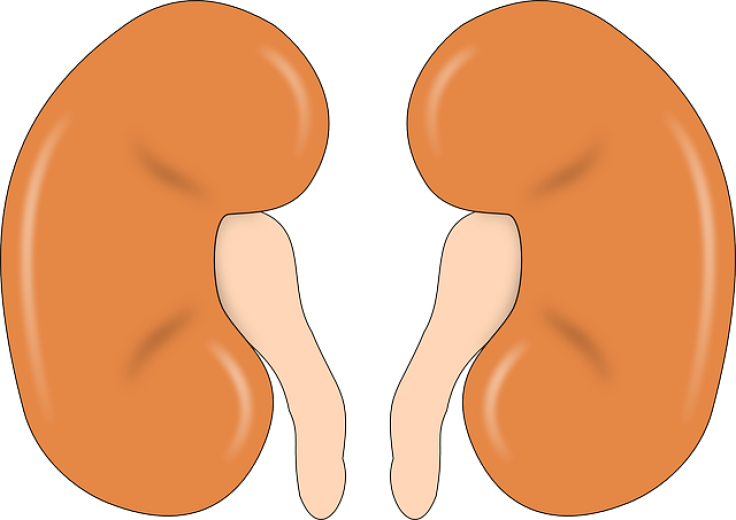What Is Klotho? Anti-Aging Hormone Deficiency Is Early Sign Of Kidney Failure In Diabetes Patients

A new study may make detecting kidney disease, which affects around 26 million Americans. easier and earlier than ever. Researchers from Kings College London found that patients with diabetes suffering from early stages of kidney disease often have a deficiency of the hormone Klotho. The finding suggests that this hormone could play a role in the development of kidney disease, and could potentially be used as a marker to predict an individual’s risk.
The study, now published online in Diabetologia, found that blood and urine samples from patients with type 1 diabetes and early stage kidney disease had lower levels of Klotho, compared to individuals with type 1 diabetes who did not have early kidney disease signs.
Read: Obese People Face High Risk Of Chronic Kidney Disease, But Most Don’t Know How Bad It Is
“For the first time, Klotho has been linked to kidney disease in type 1 diabetes patients and this finding represents an exciting step towards developing new markers for disease and potentially new treatments,” study author Dr. Giuseppe Maltese said in a recent statement.
The hormone Klotho, also known as the anti-aging hormone, is known for protecting the vascular system against changes normally associated with aging. Studies have also shown that when this hormone is disrupted in mice, aging is accelerated, and when it is overexpressed, life spans are increased.
Although the study was small, consisting of only 78 patients, the team believe that with further research they will be able to use this finding to identify patients at risk for kidney earlier than ever; kidney disease often has no symptoms and can go undetected until it is very advanced, The National Kidney Foundation reported. In this stage, kidney disease can lead to kidney failure, the need for dialysis, or even a kidney transplant.
Each day 13 people die waiting for a kidney transplant. The Mayo Clinic reports that treatment for kidney disease is largely focused on slowing the progression of the disease, which is easier the sooner it is detected.
“Our research will help scientists to better understand the mechanisms by which this hormone benefits healthy ageing, as well as how deficits in Klotho lead to age-related diseases,” added co-author, Richard Siow in a statement. “We are conducting further research on the role of Klotho in ageing and longevity as part of ARK (Ageing Research at King's) research initiatives.”
Source: Maltese G, Fountoulakis N, Siow RC, et al. Perturbations of the anti-ageing hormone Klotho in patients with type 1 diabetes and microalbuminuria. Diabetologia. 2017
See Also:
Diminished Heart Health In Kidney Donors Further Links Kidney Disease To Cardiovascular Disease



























